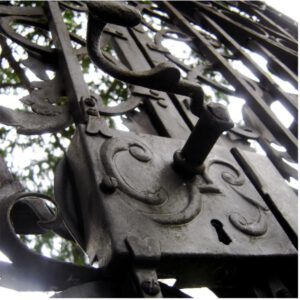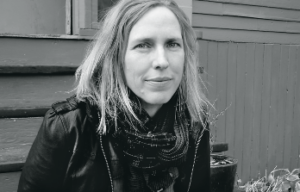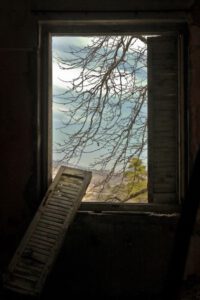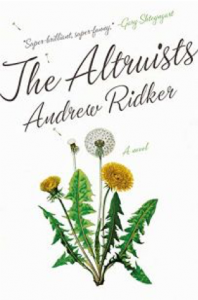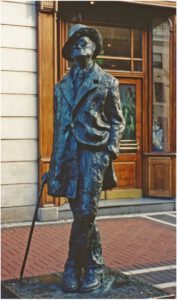
What does the novel Ulysses (1922) by James Joyce (1882–1941) have to do with American Studies? The answer is simple: Bloomsday is an annual literary festival celebrated in many U.S. cities, around the globe, and particularly in Dublin, the setting of the novel. The event is named for one of the novel’s protagonists, Leopold Bloom. The novel takes place on June 16, 1904, the day that James Joyce met his later wife, Nora Barnacle. Celebration activities include dressing up in period costumes, readings, theater performances, film screenings, and art exhibits associated with the novel and Joyce’s writings and life. The liveliness of the festivals testifies to the fun of reading Ulysses, especially if it’s read aloud. The novel is often mistakenly described as inscrutable for the average reader, but it is perhaps more accurately described as surprisingly readable.
In honor of Bloomsday, I’ve imagined a tongue-in-cheek letter of condolence from Milly Bloom, now fifty-two, but at the time of the novel the fifteen-year-old daughter of Leopold Bloom and his wife, Molly, to Mrs. Joyce (born Nora Barnacle). The letter is dated 1941, nineteen years following the novel’s publication and thirty-seven years following that famous day in Dublin in 1904.







